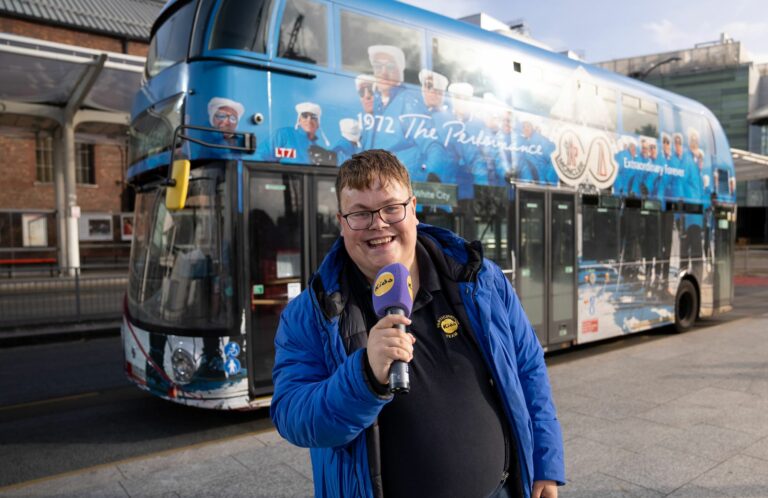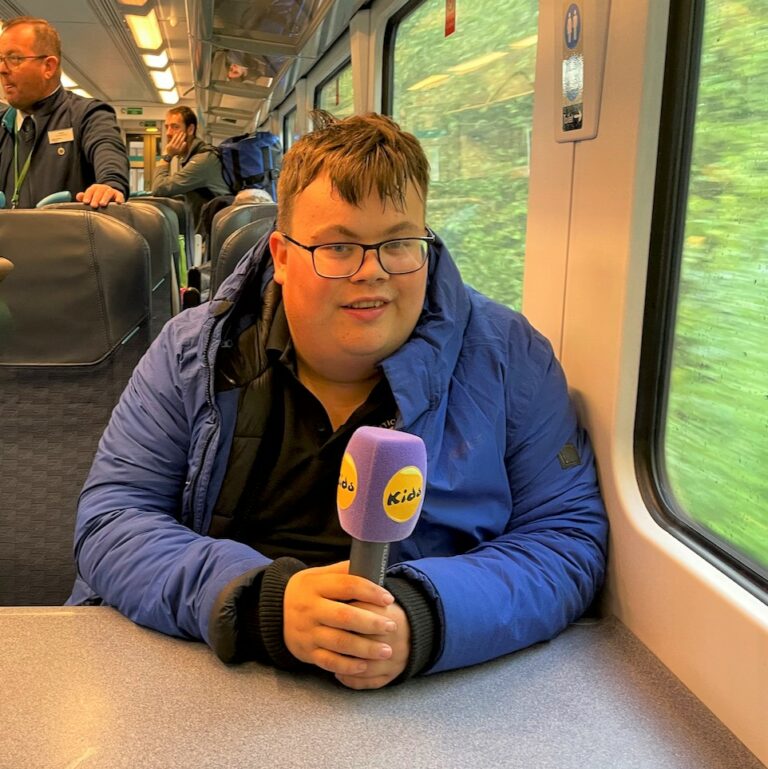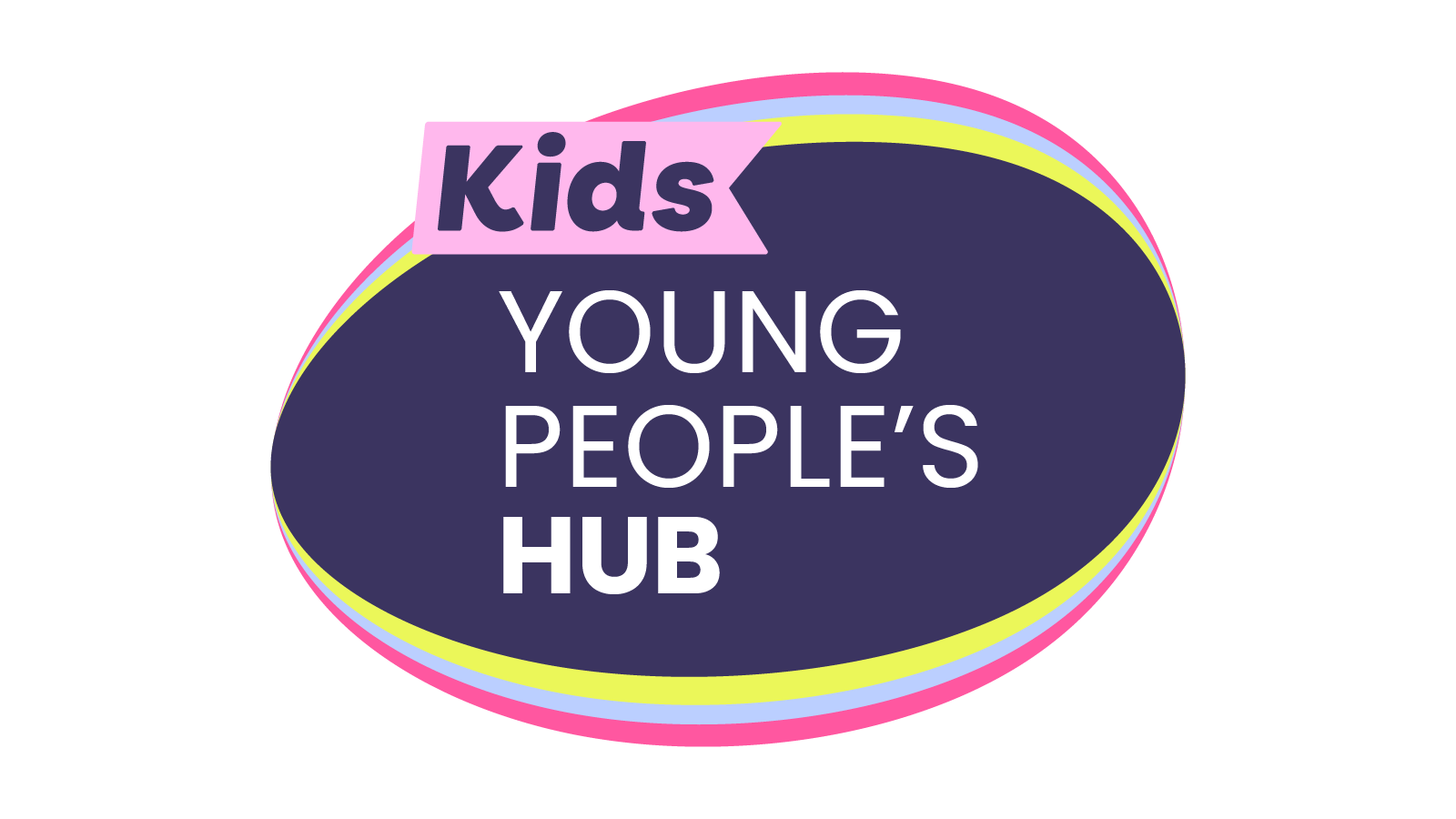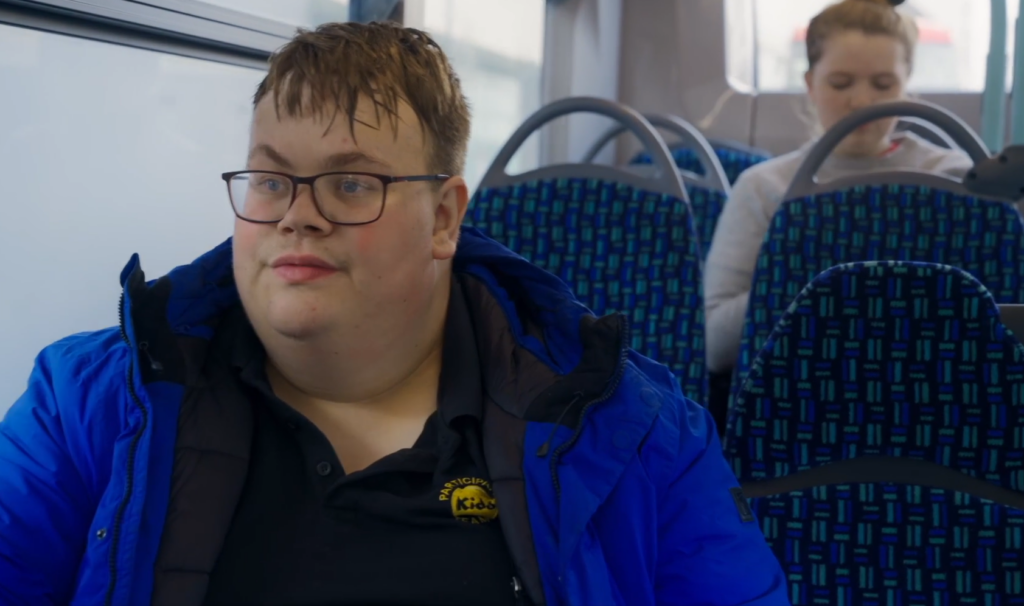Charlie's story
Traveling on public transport is an important part of independent living. But if you’ve never done it before it can be a bit scary. In this guide we’ll help you get started.
When he was younger Charlie was anxious about taking public transport. These days Charlie is a confident traveller.
In this film he goes on a journey by train and bus to find out what support is available to young disabled people.
Press the play button to watch the film.
Why learn to travel
Different people have different reasons for wanting to take public transport:
- “I can follow my football team to watch games”
- “I can go and meet my friends whenever I like”
- “It makes me feel independent”
- “I travel to college every day so I can get a qualification”
How to get started
If you have never used public transport before you might need some support to get started.
You might want to ask a relative or more experienced friend to take you out the first few times as you get used to using public transport.
If you prefer, you could try a travel training course. Travel training teaches you everything you need to know about traveling independently.
Some schools and colleges offer travel training to their students. And many local authorities offer travel training to young people with SEND in their area. You can find the Local Offer for your area on our Near Me page.

Getting Support
Provide information
- All train companies and train stations must have an Accessible Travel Policy. That is a document that tells you all the support they can offer disabled people. You can usually find that on their website. Or you can phone them to ask for it.
- If you need help to plan your journey you can phone train and bus companies.
Provide support at train stations
Train companies have to provide assistance for disabled people at train stations. That can be things like:
- Helping you find you way about the station
- taking you to the correct train
- Supporting you to get on and off the train
- Carrying your luggage
Sometimes you might have to book support in advance. But all travel companies have to provide some level of support even if you haven’t booked it.
Provide support on buses
Bus companies have to make sure that their buses are accessible and their drivers offer support to disabled people. Here are some of the things they have to provide:
- Space for a wheelchair
- A boarding device to enable wheelchair users to get on and off the bus
- Priority seats for disabled passengers
- Handrails to assist disabled people
- Easy-to-use bell pushes throughout the vehicle audible and visible signals to stop a vehicle or to request a support to board the bus
- Displays showing the route and destination of the bus
Other support
As you saw in the film, some travel companies provide travel mentor services that will help you plan your travel and come with you on your first few journeys as you get more confidence.

I hope when you’ve practised a couple of times you like traveling just like me!
Charlie
Useful Resources
These are the resources that we have mentioned in the film as well as some other documents that you might find useful.
Assisted Travel webpage
You can use South Western Railways website to learn about assisted travel.
Making Rail Accessible Leaflet
Here you can download the South Western Railways leaflet about accessibility.
Other stories you might like




